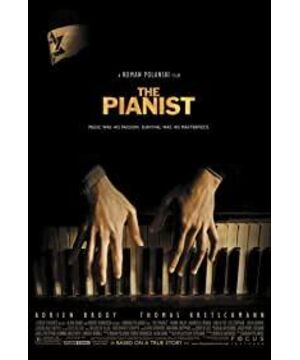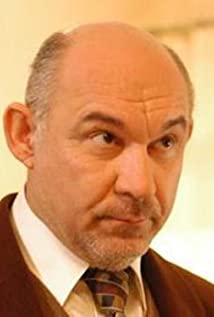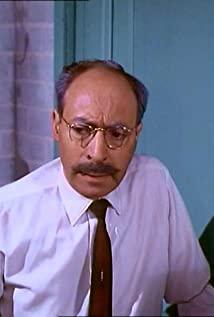Such a tear-jerking theme was somewhat understated by the director Polanski. It is by no means frivolous, it is the real power of the film: it makes people unable to cry. Trying to avoid sensational scenes and restraint in audiovisual processing are only a small part of the reason. The real reason lies in the film's detached attitude towards this experience. As a witness and survivor of World War II, Polanski had not touched the subject of World War II for a long time. He admitted that it was because he had not yet been able to face that experience. Now that he has shot "The Pianist", I believe he has found the best attitude. But for the audience, watching the film has become a very hard process. There is no irony, no sarcasm, no complaints, no acclaim, no complaints, no curses, no explanations and no beautification (God knows how difficult it is to make such a movie!) , There is not a ready-made attitude for people to choose. So the audience had to save tears to think and judge. In this sense, "The Pianist" is as complicated as the reality around us, making people hesitate to advance and retreat.
Because of this, although there are many ways to read "The Pianist", if it shows the "great power of art", it must be the most intolerable misunderstanding. On the contrary, "The Pianist" is about art and the humbleness of the artist. Just like the two words Spearman said the most during his escape: "I will stay here, not going anywhere" and "I need help", art is almost in the same situation in human society: on the one hand It tries to hold on to its position, but on the other hand it has to seek help everywhere. Whoever wants to say that art is useful and even powerful is really nothing to say. Not to mention wartime, even in peacetime, the most glamorous role of art is just an embellishment of singing and dancing. Going back to the movie, I never thought that the German military officer's mercy was because Spearman's graceful piano touched him. It was more of a touch of emotion. At that time, the German army was retreating on various fronts in Europe. When the fate of destruction was inevitable, the German officer finally had the opportunity to realize the humble state of mind of the musician who lived in the ruins like a cockroach. It is not so much that he sympathizes with the pianist as he sympathizes with himself. It's just that music connects the two people's moods with a mystery close to fate at this time. There are two proofs: First, the German officer began to play Beethoven’s "Moonlight Sonata", which was full of joy of calmness. Spearman played Chopin’s G minor "Narrative No. 1" in front of the officer. "Song" is based on a narrative poem about the Polish nation's resistance to foreign aggression. Look at Spearman's gestures, from fear to boldness, from jerky to dripping, this musician, who has almost lost his living dignity, is rejuvenated by his music. To say that art has power, it's only here. Proof of the second, before leaving, the German officer said to Spielmann: "Don't thank me, thank God if you want to." Because of this, I tend to treat this German officer and the Germans who used the Jews to make fun of and murderous people. People are regarded as the same, they are not too different, but the position of the winner and the loser is interchangeable, which makes them so sentimental.
From this point of view, "The Pianist" took the film's reflection on World War II to a new level. As a bystander of history, when looking at that period of history again, it is easy to choose one's own position based on historical conclusions. The result is how incredible and unimaginable the atrocities of others are to us. However, it can be said that if one day we cannot understand how those atrocities were caused by ordinary people like you and me, those atrocities will one day return to us. The only difference is the time, place, object, and different flags. Different slogans.
View more about The Pianist reviews











